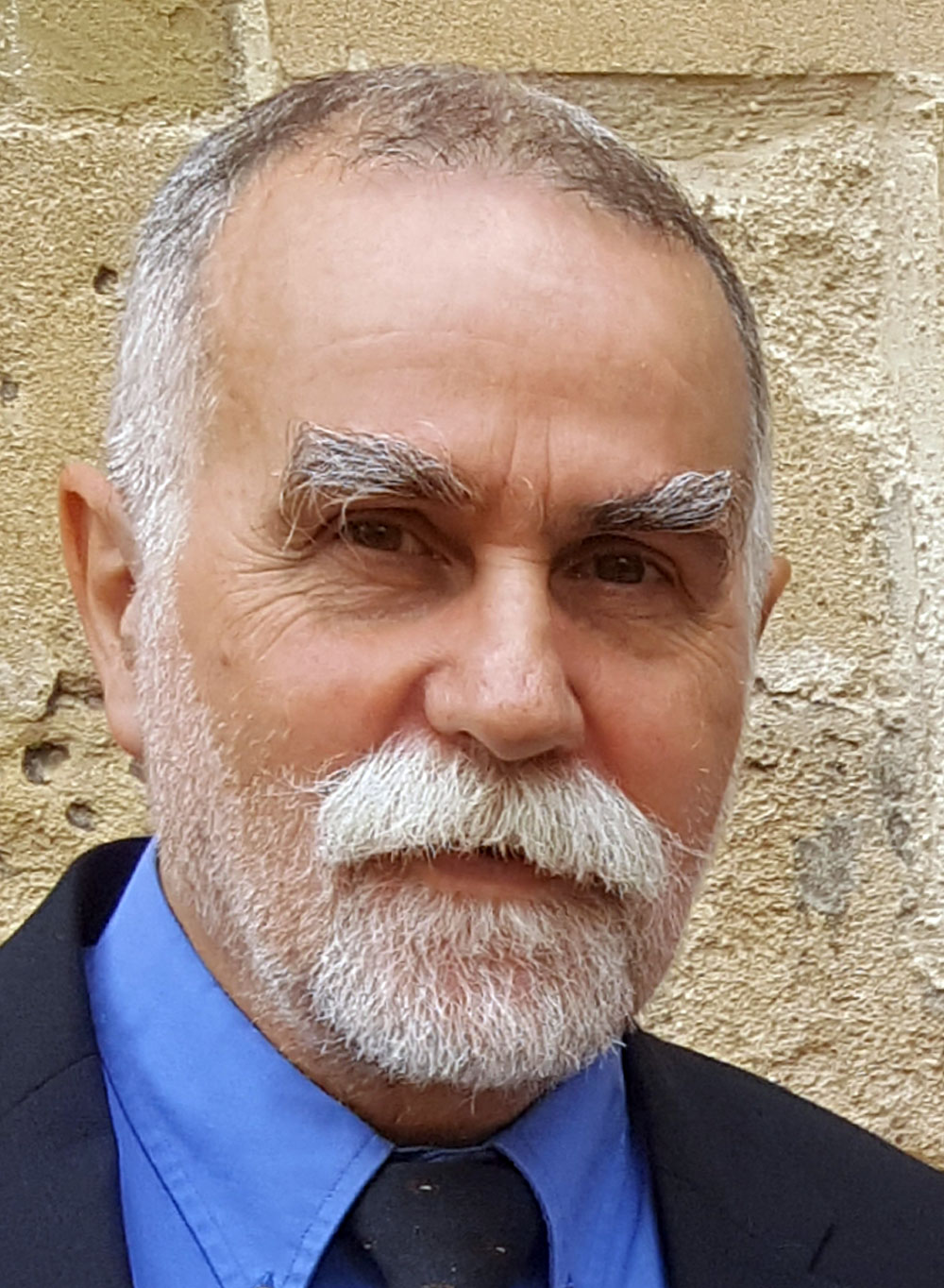Since 1975 he had been employed at the Division for Marine and Environmental Research of the Ruđer Bošković Institute, where, apart from periods of international training, he spent his entire career. He became Research Associate in 1989, Senior Research Associate in 1994, and Research Advisor in 1998. From 2003 until his retirement, he worked as Permanent Research Advisor at the Institute. In 2005 he was appointed Full Professor at the Faculty of Science, University of Zagreb, and in 2011 Full Professor at the Department of Biotechnology, University of Rijeka.
In 2017 he was awarded the honorary title of Distinguished Scientist of the Ruđer Bošković Institute.
He spent several periods at distinguished foreign institutions. Within long-term collaboration with Prof. Walter Giger’s research group, between 1982 and 1993 he spent about two years at EAWAG, working on the biogeochemical behavior of pollutants in natural and wastewaters. As a recipient of the European Marie Curie Fellowship, in 1991 he spent nine months at the renowned Plymouth Marine Laboratory, United Kingdom, working on the biogeochemistry of organic matter in estuaries.
After successfully completing these specializations abroad, he transferred new research topics to the Ruđer Bošković Institute, where in 1997 he founded the Laboratory for Organic Compounds Analysis and Biogeochemistry, which he headed until his retirement in 2016. As Head of the Laboratory, he continuously invested in the development of experimental conditions for advanced organic environmental analytics, particularly through acquiring state-of-the-art equipment, made possible through numerous national and international projects. Today, the Laboratory is the leading Croatian research group in environmental organic analytics.
The main scientific interest of Dr. Marijan Ahel was the development of new methods for identifying natural and anthropogenic compounds using advanced analytical techniques such as gas chromatography–mass spectrometry (GC/MS) and liquid chromatography–mass spectrometry (LC/MS), as well as studying the behavior and fate of organic compounds in the environment by applying a chemodynamic approach. This involves linking data on the distribution of organic compounds in the environment with key processes that determine their behavior in complex systems such as wastewater treatment plants and different types of natural waters.
Dr. Ahel published about 100 papers indexed in the Web of Science database, many in leading journals in environmental science. His works have been cited more than 4,800 times, with around 95% being independent citations. Several of his papers have been cited more than 200 times. In addition to articles in high-impact international journals, he published numerous other papers in journals, books, and conference proceedings, and delivered many invited lectures at international meetings.
Alongside his research, he was also active in teaching, contributing to undergraduate, graduate, and postgraduate courses as a recognized expert in organic compound analytics and biogeochemistry. He supervised 5 doctoral, 4 master’s, and 11 diploma theses.
An especially important achievement of Dr. Ahel was the successful application of his specialist knowledge in large applied projects, which secured significant funding for the Institute. He made a major contribution by leading complex ecological studies and establishing a top-level analytical laboratory for trace organic pollutant analysis, which enabled the Division for Marine and Environmental Research to gain the status of Reference Laboratory for Environmental Metrology. This created conditions for strategic partnerships with Croatian state institutions responsible for managing water resources and environmental quality.
Thanks to his international recognition, Dr. Ahel collaborated with institutions in Switzerland, France, the United Kingdom, Norway, Spain, Slovenia, and Germany, as well as with international agencies such as UNESCO/IOC. He was also an active reviewer for top journals in his field, including Water Research, Environmental Science & Technology, Science of the Total Environment, Chemosphere, Journal of Hazardous Materials, among others. He was for many years on the editorial board of the prestigious journal Environmental Science and Pollution Research.
During his career, Dr. Marijan Ahel held numerous roles at the Ruđer Bošković Institute, including membership in the Scientific Council, the Restructuring Committee, the Statute Committee, and the Committee for Capital Equipment. He was Chair of the IRB Ethics Committee. As a member of the Oceanology Council and long-time member and Vice-Chair of the Scientific Boards for Geosciences and Geology, he worked actively to strengthen the recognition, autonomous development, and affirmation of marine and environmental sciences within the framework of interdisciplinary natural sciences, while upholding high standards of excellence.
He was a member of numerous professional organizations, including the Croatian Chemical Society, the Croatian Society for Water and Marine Protection, the Commission Internationale pour l’Exploration Scientifique de la Mer Méditerranée, and the European Environmental Research Organization (EERO).


